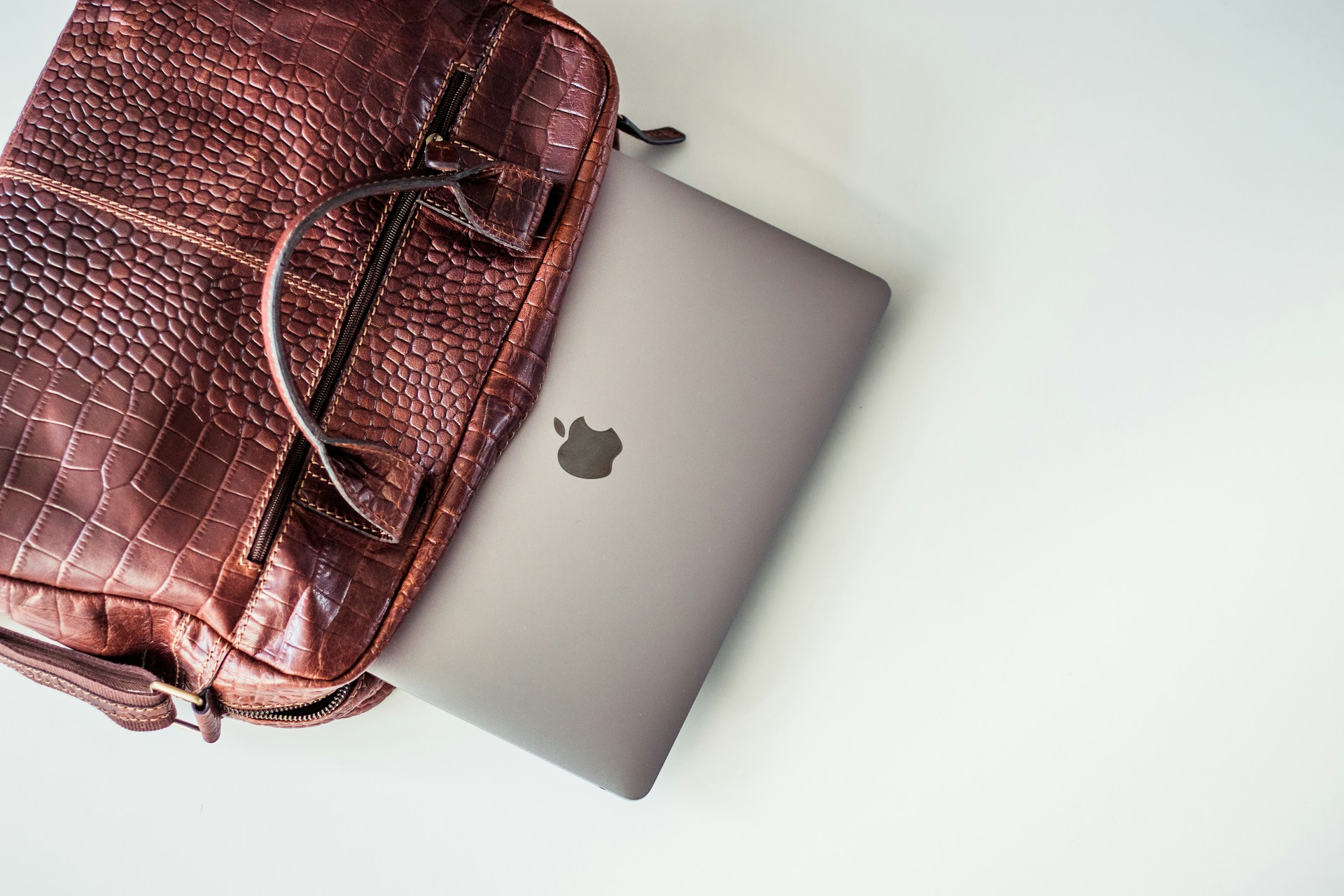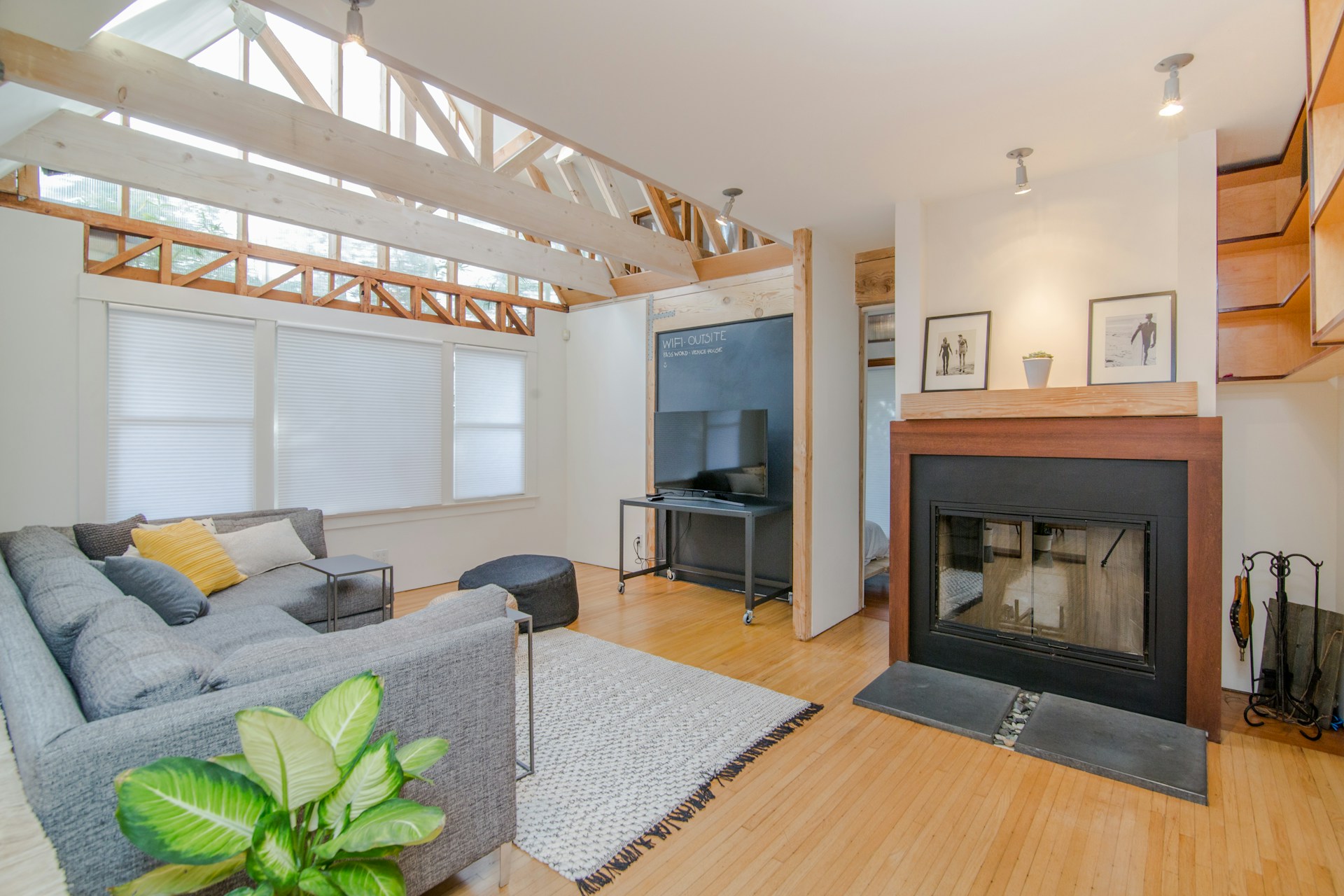Live in Morocco: Learn advantages, disadvantages & costs
Experience Arab culture and live in Morocco as a foreigner, discovering firsthand what life is like in this country.
At the far northwest of Africa, Morocco brings together rich local traditions and a growing openness to the modern world. Many people choose to live in Morocco for a season, whether to work online as digital nomads, to study, or to spend time exploring from Marrakech to the desert. If you are planning a stay, here is what you need to know to prepare for your trip.
Let’s take a closer look at what life in Morocco is really like. We’ll cover key aspects of daily life for residents, including the education system, healthcare access, the economy and job market, and whether it’s considered a safe place to live. You’ll also find information about internet connectivity for remote work, along with the main pros and cons that could shape your experience. So, are you ready to pack your bags and head to Morocco?
What is the quality of life like in Morocco?
Morocco offers a lifestyle that balances out to an average quality of life. On one hand, there are some limitations and gaps in the services available to residents, but on the other, the cost of living is very low. This can be especially appealing if you are a digital nomad earning an income from abroad, since it allows you to live quite comfortably. Let’s explore the details and see what it takes to settle in as a foreigner.
Learn about its education system
For international students considering Morocco as a study destination, it’s important to know that while the country has made strides in education over the past few years, there are still some hurdles to overcome. The 2023 Social Progress Index ranks Morocco 96th out of 169 countries for access to quality education, a reminder that the system is still facing significant challenges.
Education in Morocco is free and compulsory until the age of 16, but many schools struggle with poor facilities, limited technology, and a shortage of qualified teachers. As a result, dropout rates remain high, especially in rural areas. If you’re interested in pursuing higher education here, these options offer the main choices for you:
- Public universities: With a student visa and the required academic qualifications, you’ll have the chance to enroll in programs taught in Arabic, French, and in some cases English, at universities such as Mohammed V University in Rabat or Hassan II University in Casablanca.
- Private universities: Most universities offer bilingual programs and provide better facilities, such as Al Akhawayn University in Ifrane.
- Exchange and international programs: You can apply for an Erasmus+ scholarship, as Europe has agreements with certain African countries.
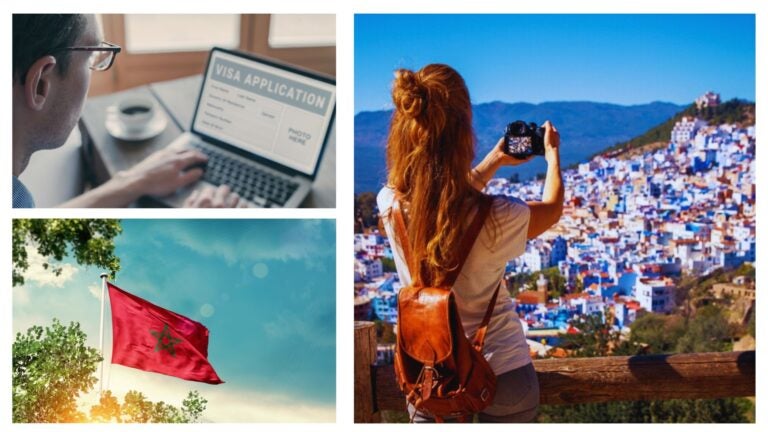
How to access healthcare in Morocco
Morocco’s healthcare system combines public and private services. Living there, you can use public healthcare, which is managed by the Ministry of Health and is either free or very affordable, though it can suffer from overcrowding, long wait times, and outdated equipment. Some of the country’s leading public hospitals are Cheikh Khalifa International University Hospital in Casablanca, CHU Ibn Sina in Rabat, and CHU Mohammed VI in Marrakech.
On the other hand, private healthcare, especially if you have health insurance, offers faster and higher-quality care at facilities like Clinique Ghandi in Casablanca or Clinique Atlas in Rabat. Here’s a breakdown of the rights you have as a foreigner when accessing both public and private healthcare in Morocco:
- Tourists: You won’t have access to free public healthcare, so it’s a good idea to come to the country with an international travel insurance plan that offers comprehensive medical coverage.
- Foreign residents: If you work for a local company or are self-employed, you can enroll in the public MO system (Assurance Maladie Obligatoire) to access free healthcare.
- Students and nomads: Whether you come to live in Morocco to study or work remotely, you must apply for private health insurance.

Safety when living in Morocco
Morocco is generally considered a relatively safe country, though it’s wise to take precautions in certain tourist areas or at night. According to Numbeo’s 2024 index, the city has a moderate crime rating of 49 out of 100 and an urban safety score of 58 out of 100. Additionally, the 2023 Global Peace Index ranks Morocco 74th out of 163 countries, ahead of Brazil, the United States, and Mexico.
Morocco has been stepping up police presence and security, especially in cities like Rabat, Casablanca, Marrakech, Fez, and Agadir. Petty theft, pickpocketing, tourist scams, and erratic driving are the most common issues, so it’s important to stay vigilant if you plan to drive. For a safer experience, cities like Rabat, Agadir, Essaouira, and Tétouan are great options to live in.
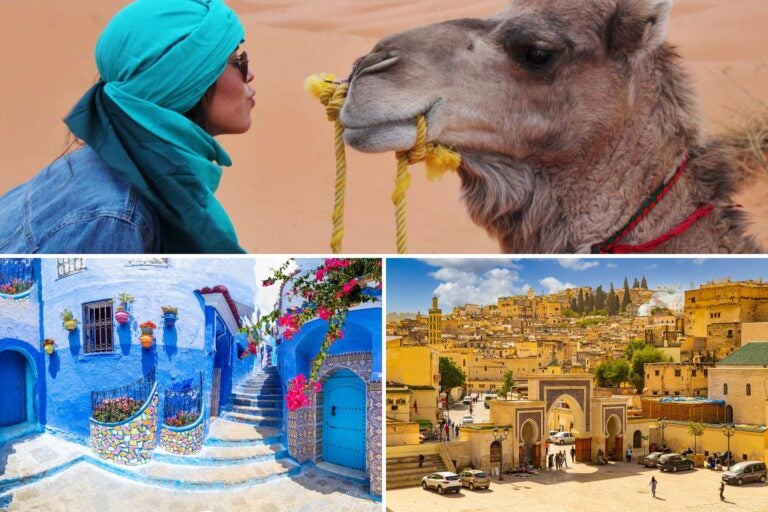
Discover Morocco’s economy and job market
The Moroccan economy is driven largely by tourism, agriculture, textiles, renewable energy, and foreign investment. It is one of the most economically stable countries in Africa and is seen as a gateway for international businesses, thanks to trade agreements with the EU and the United States.
If you’re thinking about living and working in Morocco, salaries at local companies are relatively low, with the minimum wage around $323 per month, and skilled roles ranging from $625 to $2,042. Still, the cost of living is far lower than in Europe, which is why many foreigners choose to settle here as digital nomads, earning their income from overseas clients or companies.
Connect to the internet in Morocco
The digital infrastructure in Morocco is steadily improving, with 4G coverage widely available in urban areas and 5G trials underway. The main providers are Maroc Telecom, Orange, and Inwi, offering average internet speeds of around 38 Mbps for fixed connections and 33 Mbps for mobile.
Internet connectivity in Morocco is generally good for online shopping, using digital services, and working remotely, though some rural areas may experience occasional outages. To avoid interruptions during a short stay, it’s a good idea to get a Holafly eSIM for Morocco, which lets you use unlimited data for just the days you need.
If you’re staying for a longer period, Holafly’s monthly plans are a convenient choice with no long-term contracts. Their unlimited plan starts at $64.90 per month, offering reliable 5G coverage and the ability to connect several devices at the same time. On top of that, the same eSIM works in more than 170 countries, making it perfect for travelers.
Important: If you are a frequent traveler and want to stay connected without worrying about expensive roaming or looking for a new SIM at every destination, Holafly’s subscription plans are for you. With a single eSIM, enjoy internet in more than 170 countries for a fixed price and no surprises on your bill. Travel without limits and connect easily and securely! 🚀🌍

Advantages of living in Morocco
One of the main benefits of living in Morocco is enjoying a low cost of living while being surrounded by a fascinating mix of cultures. If you love Arabic traditions, it is an ideal place to spend some time, experience local customs, and truly embrace them. Living in a new culture can be incredibly rewarding both personally and professionally. Are you curious to discover more of the advantages?
- Pleasant climate: Morocco has a Mediterranean climate along the coast, with mild winters and warm summers. Cities like Marrakech, Agadir, and Essaouira enjoy more than 300 days of sunshine a year, making it a great destination for outdoor activities.
- Low cost of living: Living in Morocco while earning an income from abroad is a major advantage. With a budget of $680 to $1,135, you can live comfortably, covering rent, food, transportation, and leisure activities.
- Rich and diverse culture: The culture in Morocco is a unique blend of Arab, Berber, African, and French influences. Living there allows you to experience its vibrant festivals, rich cuisine, and the architectural heritage of imperial cities like Fez, Marrakech, and Meknes.
- Proximity to Europe: Thanks to Morocco’s close proximity to Europe across the Iberian Peninsula, traveling to Europe is easy and frequent. Flights are also affordable, making it a big advantage for digital nomads who need to move back and forth between the two continents.
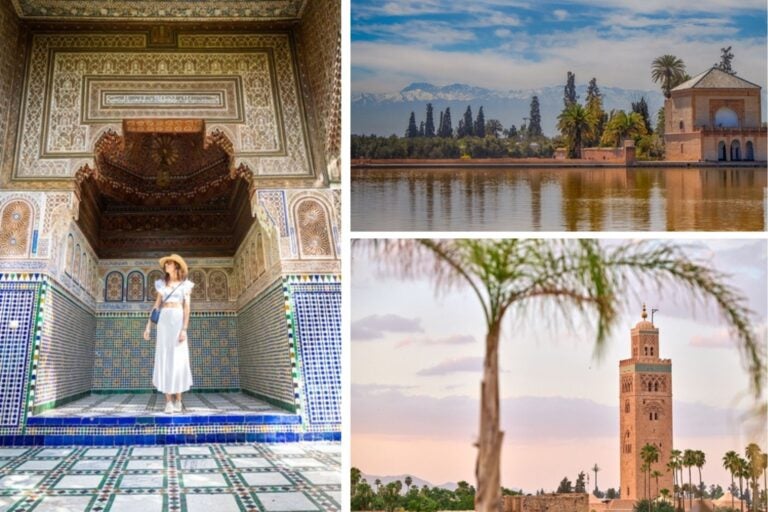
Disadvantages of living in Morocco as a foreigner
In Morocco, especially in rural areas, the culture remains quite conservative, particularly regarding women. One of the main challenges is having to respect customs that may conflict with your own beliefs. If you choose to live in Morocco, adapting to local traditions is essential. Here’s a look at some other limitations you might encounter in the country:
- Language barriers: People in Morocco speak Arabic as the official language, Amazigh in some regions, and French is also widely used. If you don’t know any of these languages, it can be more challenging to integrate into society or work for a local company.
- Social and cultural restrictions: While Morocco is more liberal than some other Muslim countries, there are still cultural norms you need to respect, such as its religious practices, avoiding alcohol in certain contexts, and not showing public displays of affection.
- Uneven infrastructure: In rural areas, people may have limited access to transportation, internet, and healthcare services, unlike in major cities such as Casablanca.
- Women’s rights: Unfortunately, foreign women in Morocco may sometimes experience harassment in public, an issue that authorities are trying to address through new laws. There is also a very conservative attitude toward how women should dress and behave.
Frequently asked questions about living in Morocco
Yes, many foreign travelers can enter Morocco without a visa for up to 90 days. For longer stays for work, study, or residency, however, you need to apply for a permit through the General Directorate of National Security in Morocco.
Yes, but you will need a job offer and a work permit. As a foreigner, you can find opportunities in fields like tourism, language teaching, or technology.
Many young people speak English, and people in tourist areas do too, while most Moroccans speak French as their second language after Arabic.
Finding accommodation is easier in cities like Marrakech, Casablanca, Rabat, or Agadir. It’s a good idea to visit in person before signing any contract to avoid scams.
In major cities like Casablanca and Rabat, you can rely on modern buses and trams. Transportation is affordable, but in some areas, vehicles may be poorly maintained and schedules are not always reliable.





 Language
Language 


















 No results found
No results found





